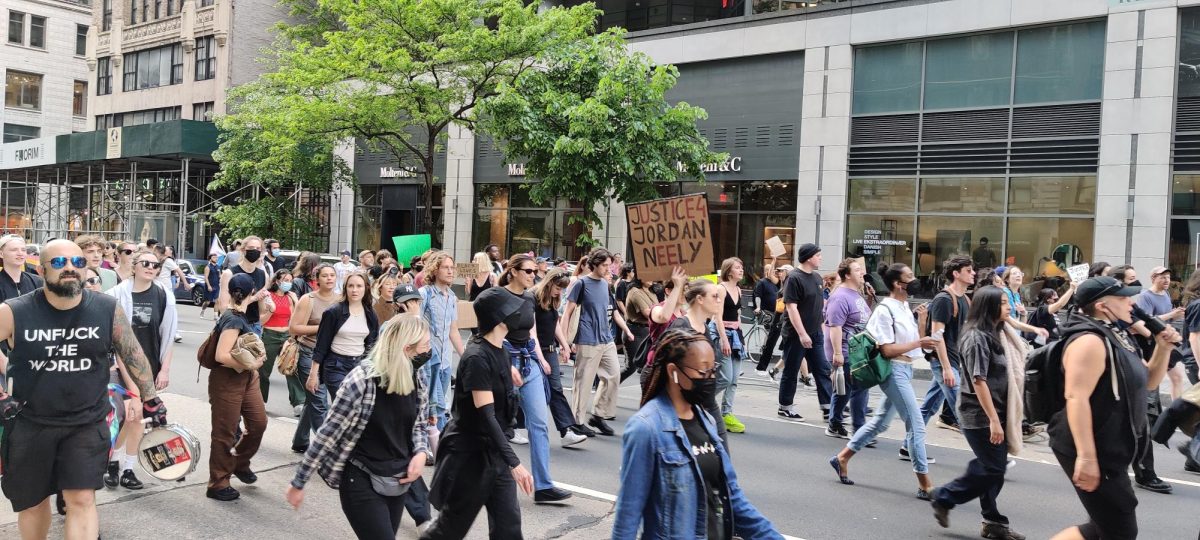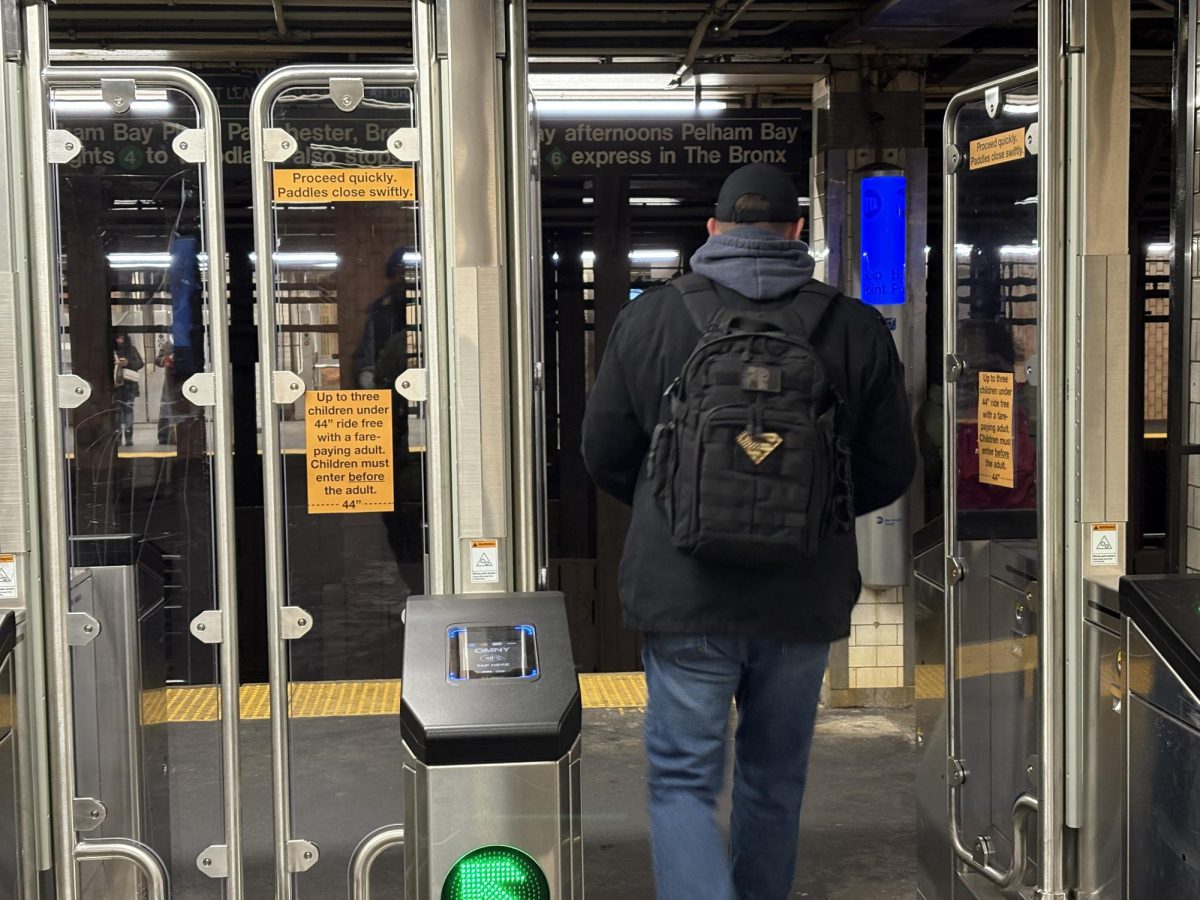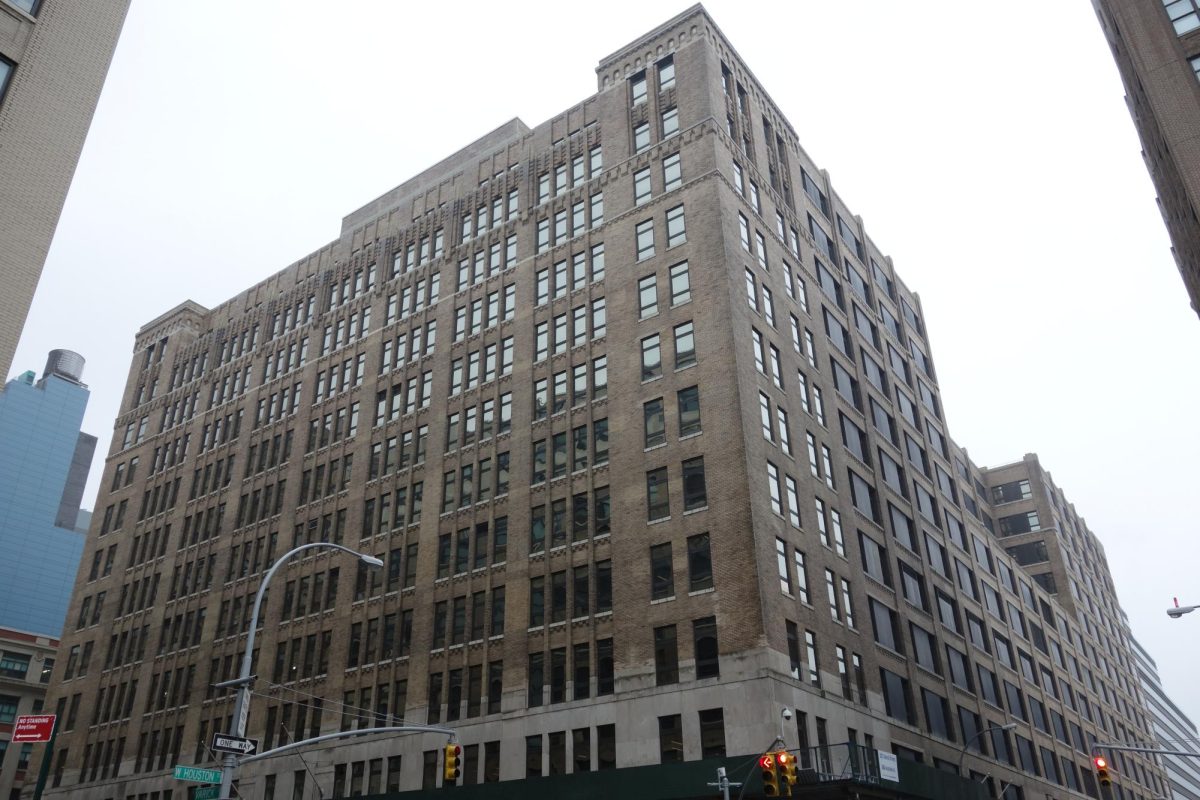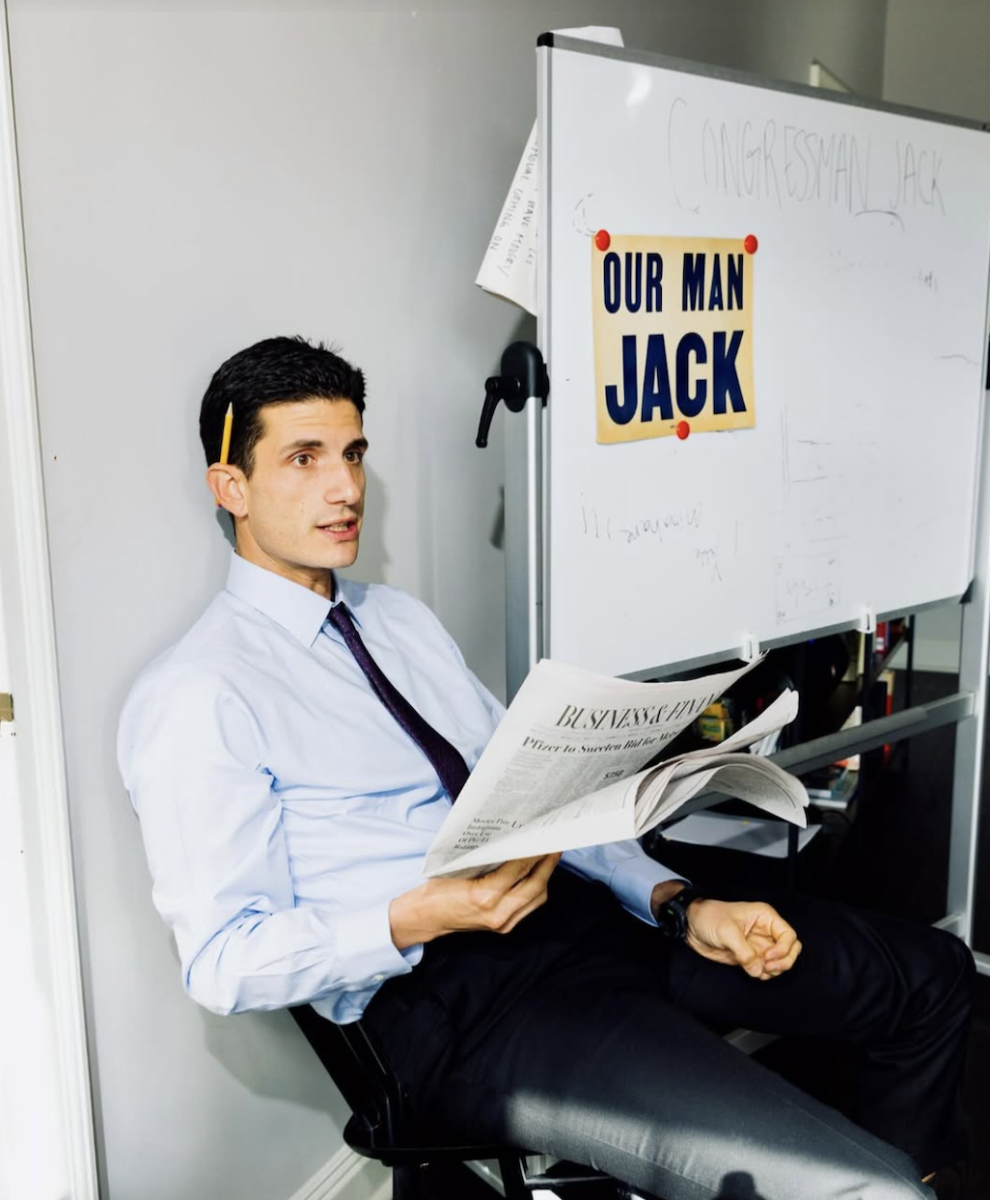A Manhattan jury deadlocked twice on the second-degree manslaughter charge against Daniel Penny, the 26-year-old former marine accused in the May 2023 subway death of Jordan Neely, on Dec. 6.
This led to the charge’s dismissal by Judge Maxwell Wiley–who was overseeing the trial on Friday.
Maxwell urged the jury to deliberate on the remaining lesser charge of criminally negligent homicide. Penny was to return to court on Dec. 9 to face the charge after the jury could not reach a verdict initially.
As of Dec. 9, the jury found Penny not guilty of criminally negligent homicide in the death of Neely after his manslaughter charge was dropped last week.
Penny’s defense team insisted he acted in self-defense, while prosecutors argued his actions were reckless. According to CNN, the former marine’s remaining charge carries a potential four-year prison sentence. However, if convicted, Penny may receive no prison time, depending on the judge’s discretion.
In May 2023, Penny placed Neely, a 30-year-old homeless man, in a chokehold on an uptown F train in Brooklyn. Witnesses said Neely was acting erratically, shouting about hunger and hopelessness. Penny, who claimed he was defending other passengers, restrained Neely in a chokehold which led to his death.
Neely, a Black man, was a known street performer who often impersonated Michael Jackson but struggled with homelessness and mental health issues. His family described him as a victim of neglect by the city’s social systems. Neely’s death was captured on video and sparked widespread debate.
Public reactions ranged from critics being outraged to supporters labeling Penny as a hero, raising $3.26 million through a GiveSendGo campaign to support his legal defense.
According to The Independent, Neely’s family filed a lawsuit against Penny on Dec. 4, accusing him of wrongful death and seeking accountability for the incident.
Throughout the trial, Penny has maintained that he never intended to harm Neely.
The legal proceedings displayed the challenges of interpreting self-defense in public spaces. Following court proceedings, public perceptions of accountability and justice have further shaped the ongoing dialogue.
Advocacy groups have said the trial has left New Yorkers questioning how to balance public safety with compassion and systemic reform.
The chokehold incident has since resulted in protests and discussions about the treatment of unhoused individuals.
Advocacy groups have also criticized the city for inadequate mental health resources and argued that Neely’s death symbolizes systemic failures.








